All Stories
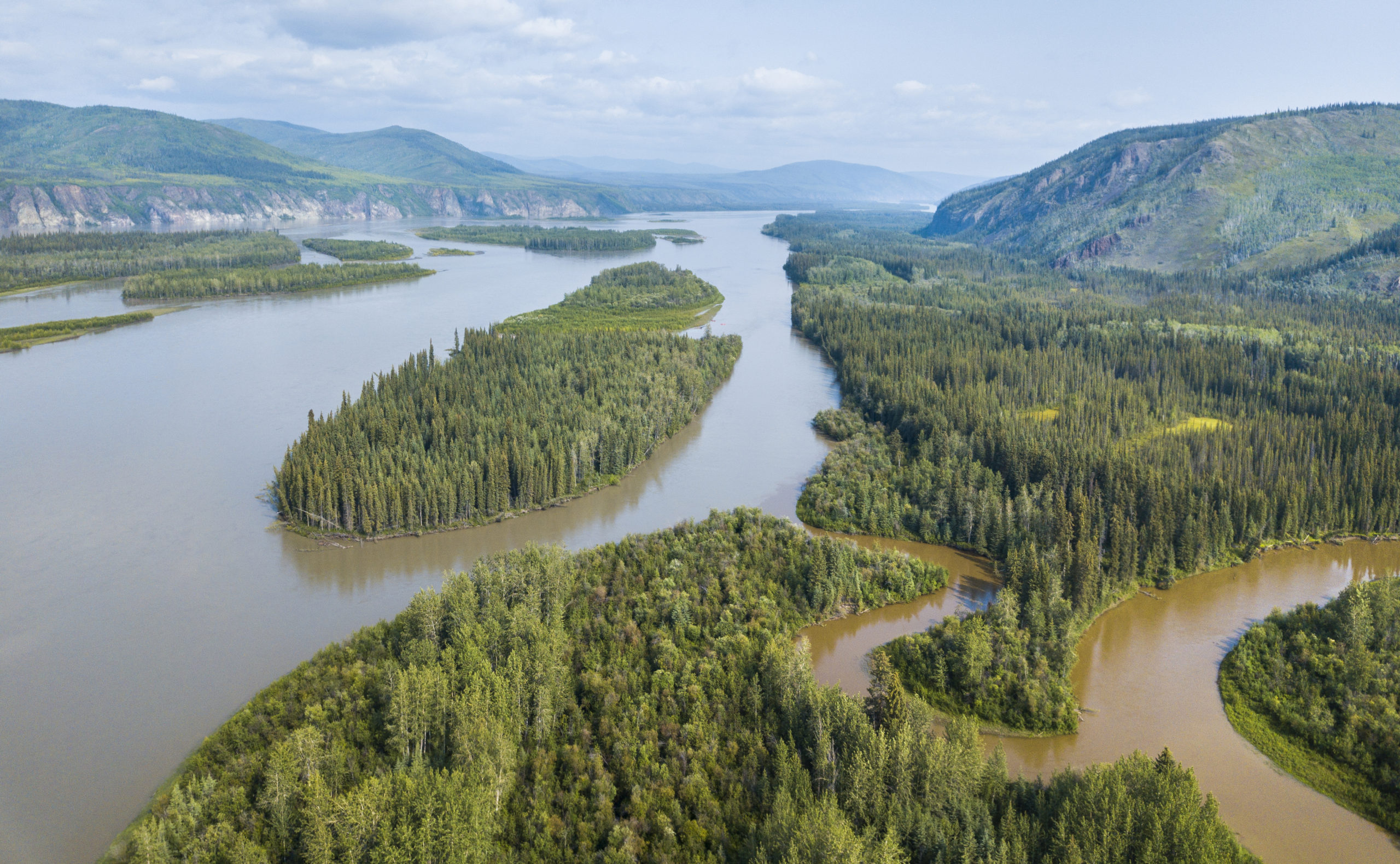
The draft Yukon Mineral Development Strategy isn’t perfect. Why am I still optimistic?
The Yukon’s mining regime hasn’t kept stride with 21st century realities and expectations. True, there’s been changes and improvements, through small steps and lurches, with the occasional stumble backwards. But our mining laws remain relics from the early 1900s [Learn more]
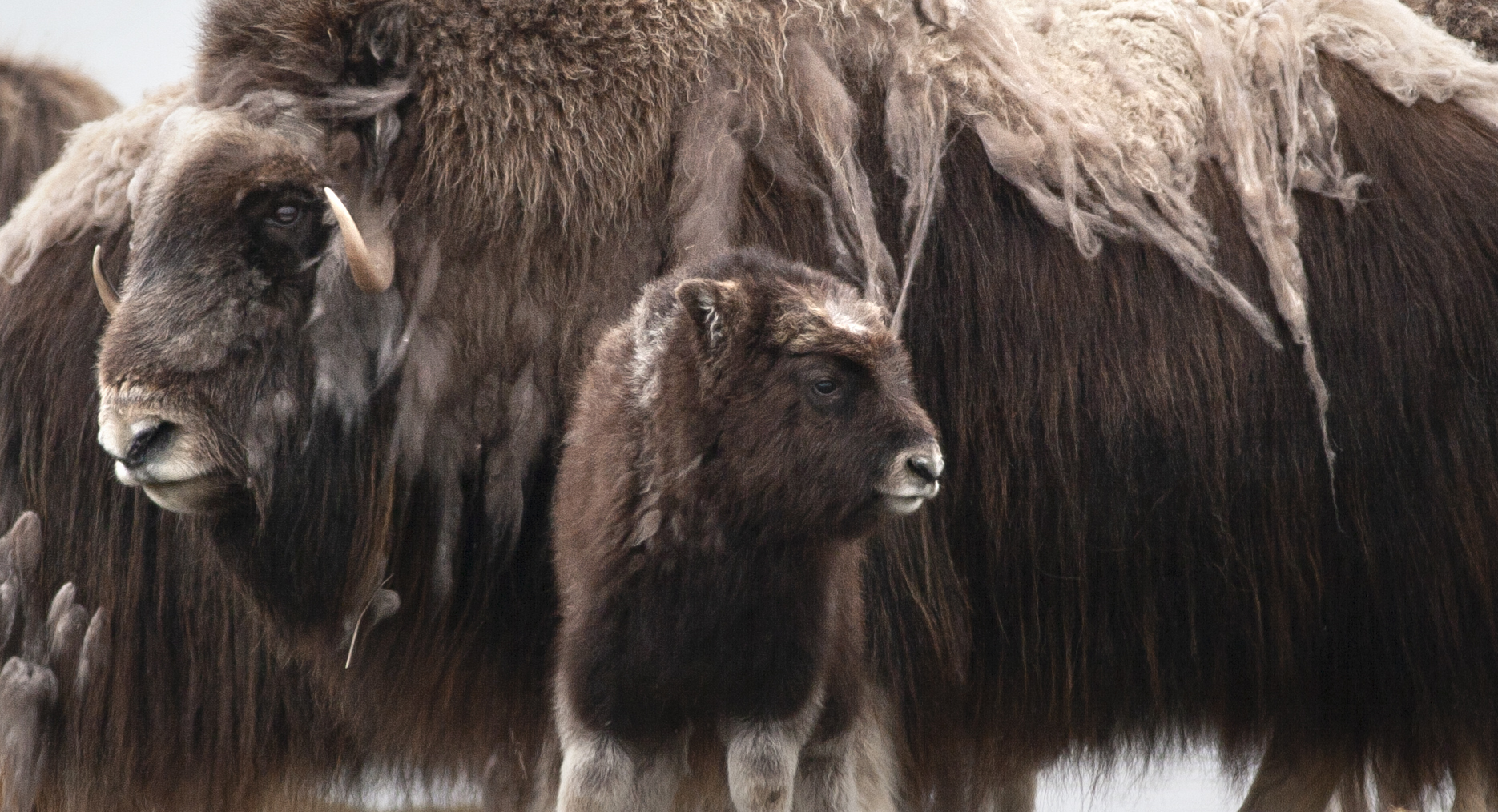
The Arctic Refuge needs your voice. Here we go again.
I feel like we’ve said this a thousand times.
The Arctic Refuge needs your voice. [Learn more]
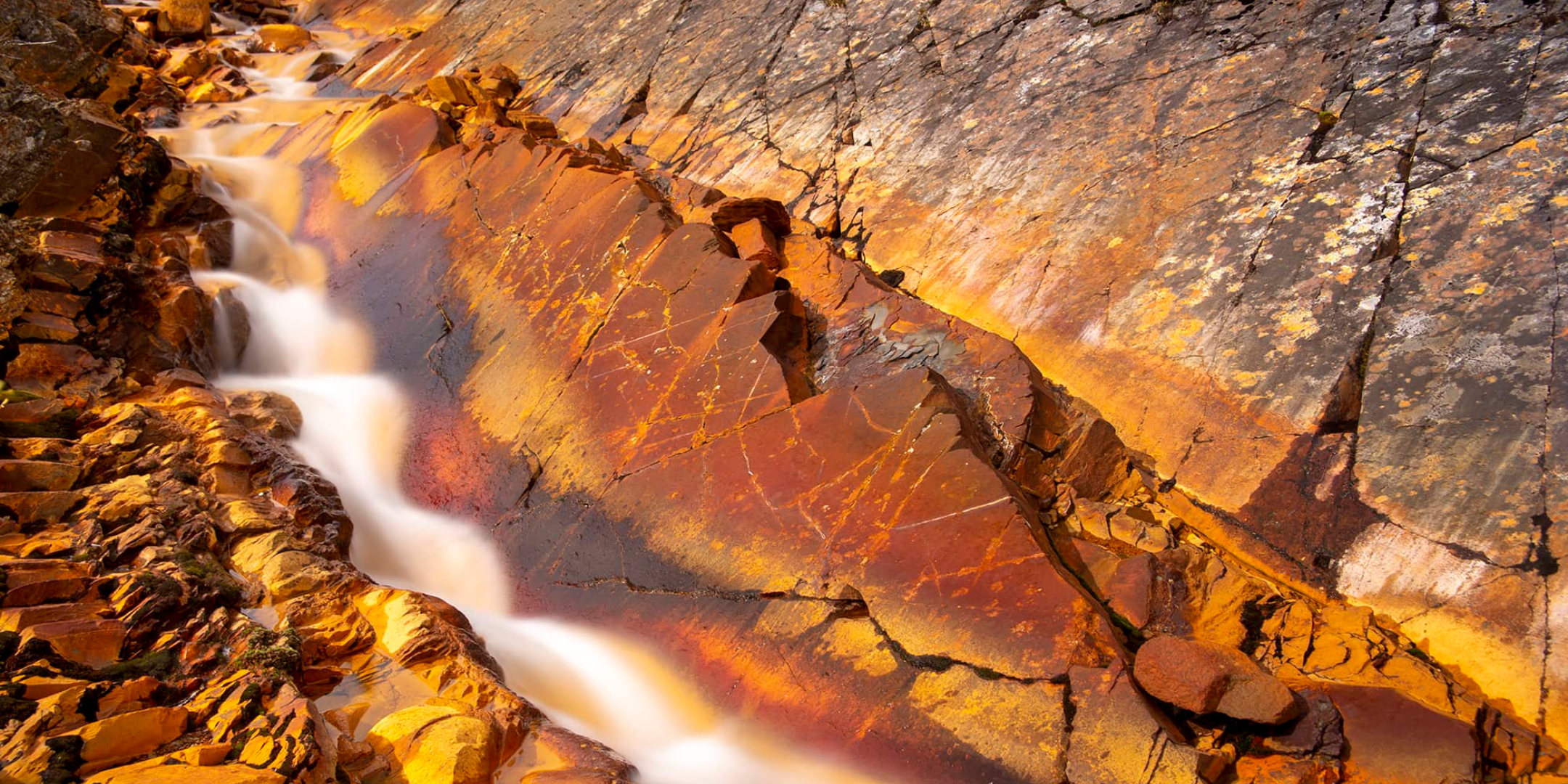
Op-Ed: Government was right to say ‘no’ to the ATAC road
The road would have led to 185-km span of mining claims, perched between Keno and the Peel Watershed. I am fortunate to have paddled through the heart of this special area twice. [Learn more]
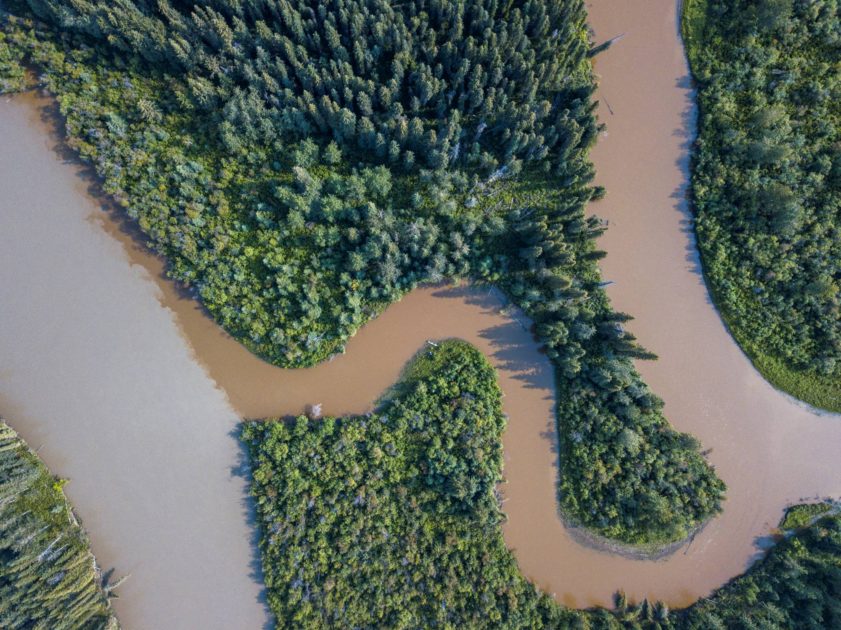
Yukon Government should listen to chorus of voices calling for a pause on placer mining in wetlands.
Should placer mining be allowed to continue transforming wetlands in the Yukon? And under what conditions would this be acceptable? [Learn more]
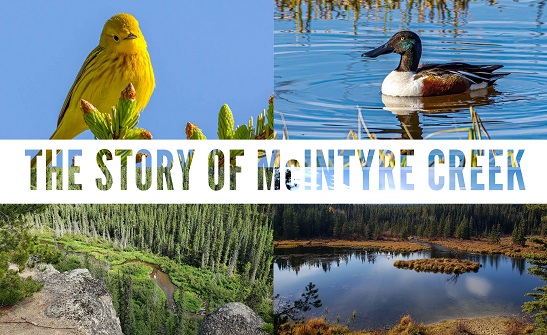
What McIntyre Creek Taught Me
McIntyre Creek is the heart of a wildlife corridor that passes through Whitehorse, Yukon; home of over 90% of the Territory’s human population. It has a long and colorful history, beginning as a glacial meltwater channel and ending as a highly valued recreational and wilderness area that passes through the most developed region of the Yukon. [Learn more]
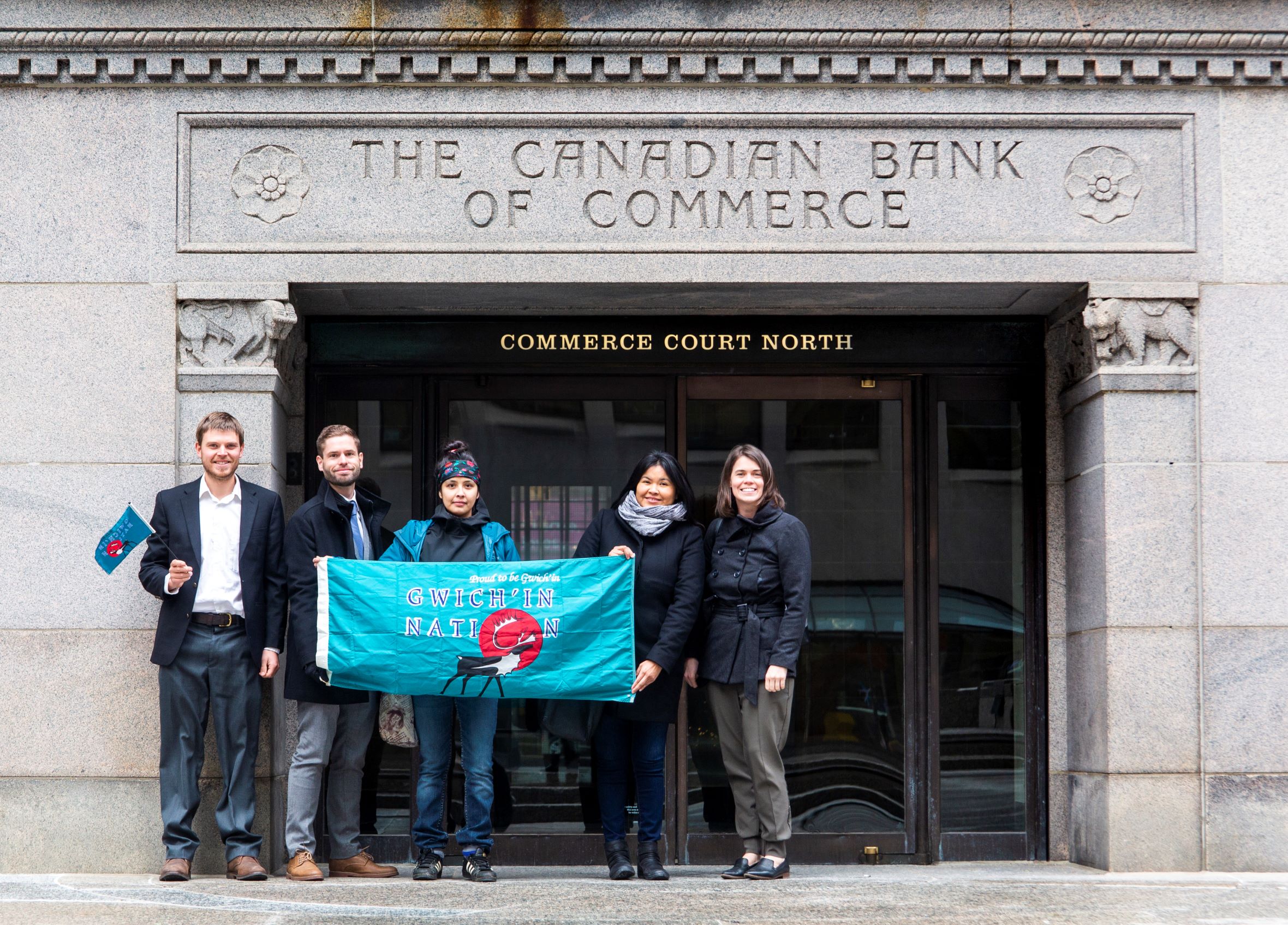
Why RBC agreed with us on the Arctic Refuge
Last December I stepped out of an elevator, and onto the fortieth floor of the Royal Bank Plaza. I’d never dreamed that the campaign to protect the Porcupine caribou herd would take me to the heart of Toronto’s financial district. Corporate campaigning was brand new to me, just as it was to the rest of our team [Learn more]
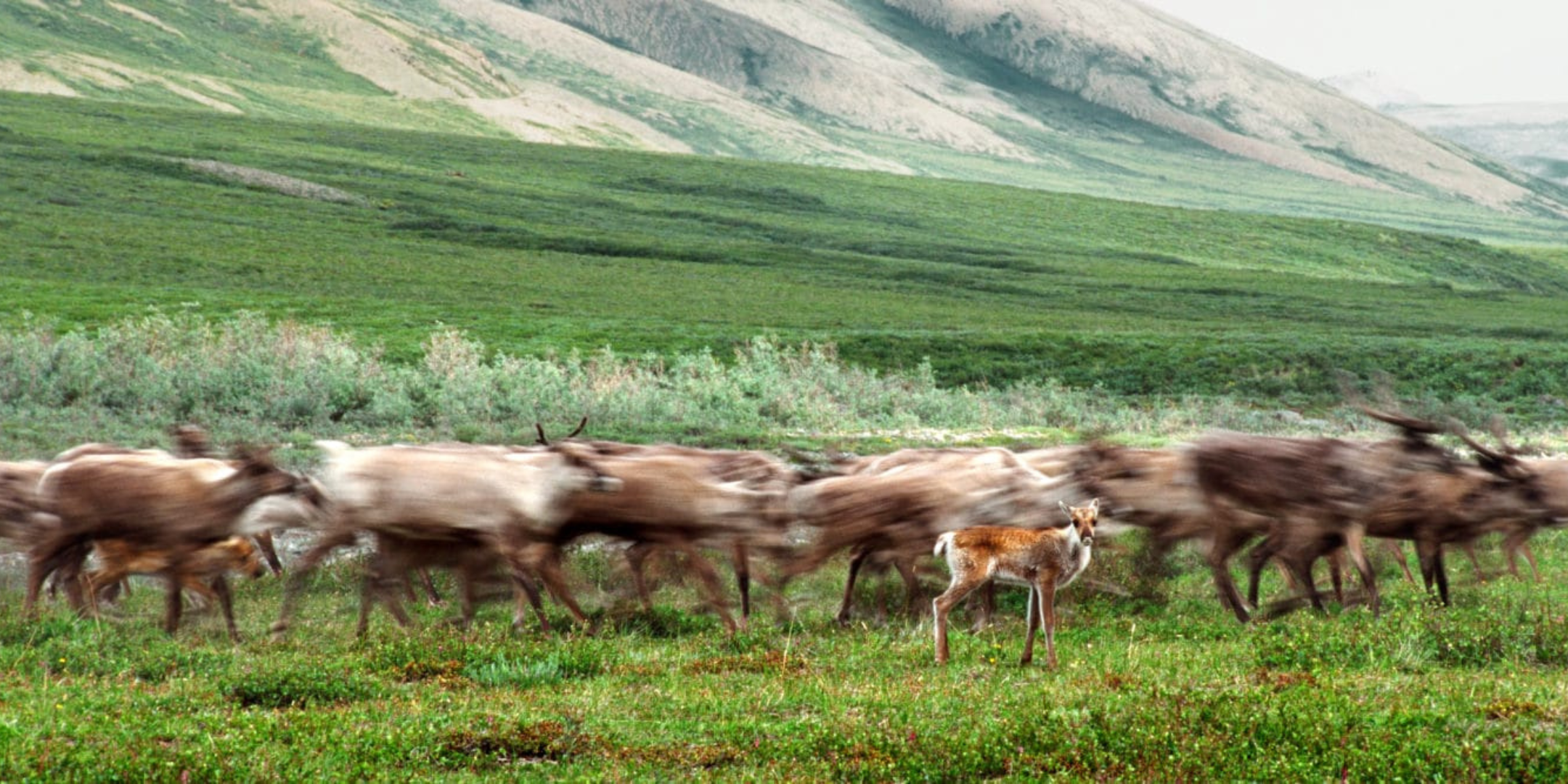
Op-Ed: Why we’re taking the U.S. government to court over the Arctic National Wildlife Refuge
Our lawsuit argues the review of oil and gas development failed to value Indigenous rights and threats to wildlife, as Trump moves forward with lease sales in vital cross-border caribou habitat. [Learn more]
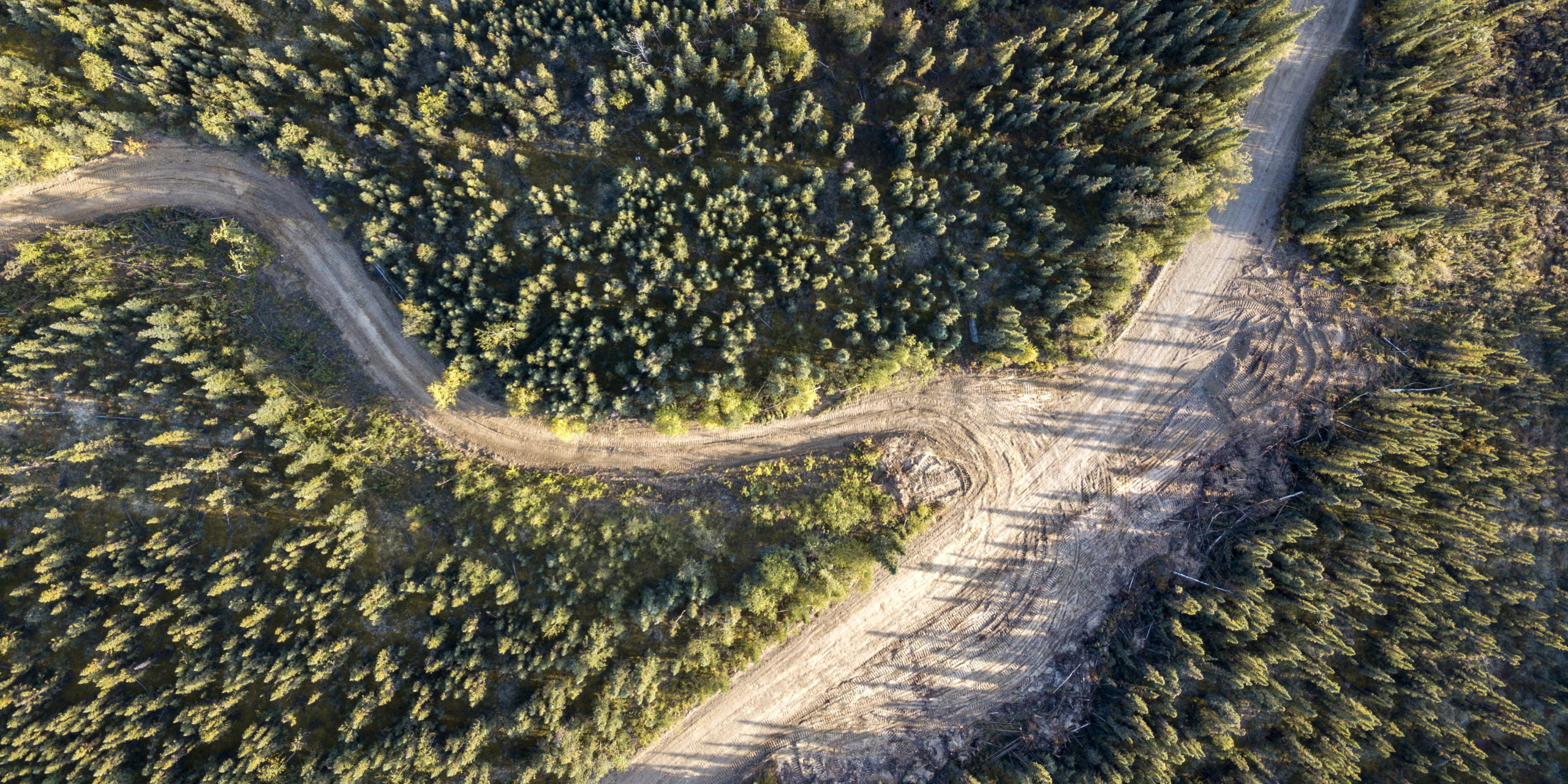
Eroding the Yukon’s wild character
People have complicated feelings about roads. On one hand, roads help Yukoners explore forests, lakes, rivers and mountains. On the other, we value the remoteness of places far removed from the rumble of engines. [Learn more]
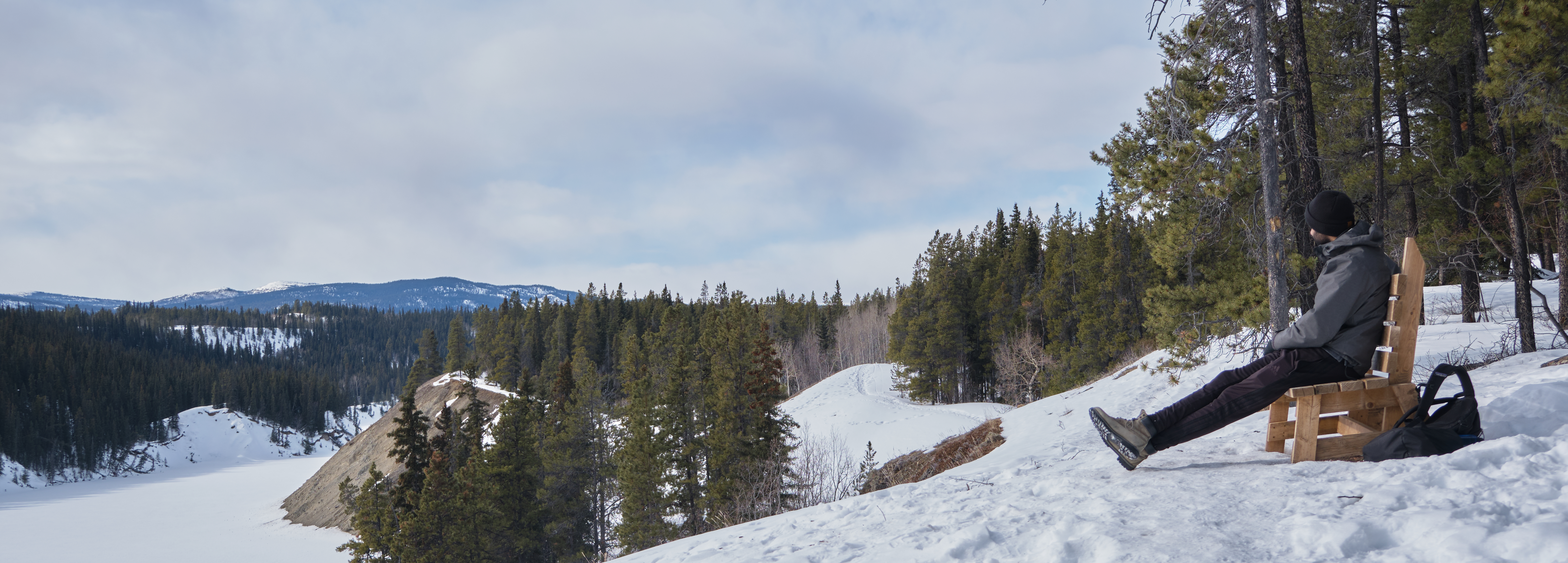
Opportunities for a post COVID-19 world
Every day is still quite surreal for me. Every morning, there’s a split second where I think I’m about to get ready to head into the office, but then come back to reality after a quick peek at my phone. My news feed overflows with pandemic-related stories, which is helpful to stay updated but can sometimes be enough to make you frustrated. [Learn more]
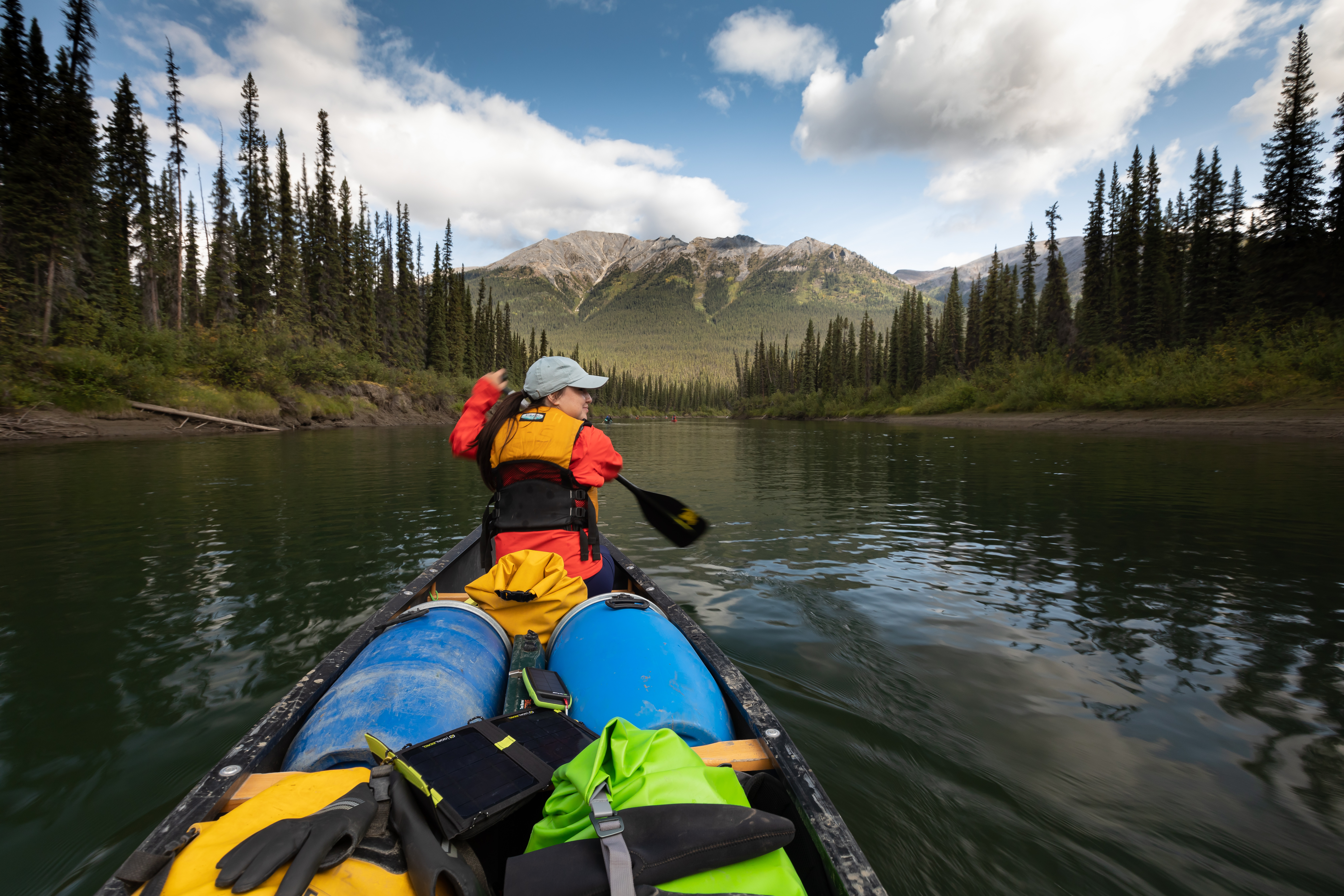
We paddled through the Beaver River Watershed to see what could be lost to road development
This August, CPAWS Yukon’s Randi Newton set off on a 10-day trip with 19 others through the Beaver River Watershed. She went to experience and document the wilderness of the Beaver and Stewart Rivers and share how a road could shape this unspoiled region. [Learn more]
